While there are some of us that can withstand the chills that run through your spine while seeing these little demons, there are those of us that just cannot stand them. And if we are talking about some real honesty, no one actually wants to have spiders hanging around their home even if they are harmless.
Though they might be helpful to your garden at some point by eating the insects that feed on our plants, there is no help it can provide to you and your family and that just a universal truth which means that they are meant to stay outside your home.
So to bless those of us that are often stuck either paralysed or provoke to squish it when we see one indoors, here is how to not get into such a situation by avoiding spiders completely. But before that there are a few things need to be understood about these pests.
Spiders in your home or building
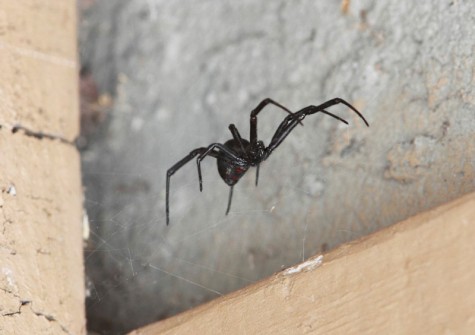
They are not always restricted to appearing only in haunted houses or those that belong to withes and can be found in our homes too! There are various types and Australia is known to a home to 2,400 species of spiders.
They can be found to make their home I almost all kinds of places whether your basement at home or even heights that you didn’t think they could exist or live on.
Spiders are known to be found in gardens, closets, flower pots and sometimes even your kitchen cabinets. Although some are not harmful to humans, there are some that can bite and cause various allergies while the most toxic ones like the black widow can be deathly to humans.
Why do spiders feel the need to invade your home?
The basic requirements or necessities in life of all living things are food and shelter, which are the most obvious needs.
Spiders are generally attracted by flies in your home. They are known to trap insects with their webs only to eat them later.
The mulch in your garden/backyard, the various weeds that grow around your plants along with the dead leaves can help create an ideal home for them. This is because they require the darkness and shade to build their home.
Pots that have fallen to their side, empty boxes in your garage, the basement are known to be webbed and have one living in it soon enough.
These creepy crawlies are drawn to warmth, love corners and crevices that are out of sight, fruits and sometimes the mating sounds made by the ones that have already invaded your home. A few are also known to eat others of their own kind and can be attracted towards your home for the same.
Leaving waste around the house is also known to attract these pests just as keeping water sources like taps and sinks dripping or open. They believe in making webs in damp places to attract other insects and can be easily attracted to swimming pools and bathrooms.
How to spot a spider infestation
Know the hideouts
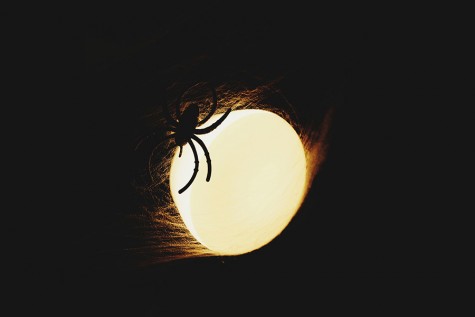
To know if your home is infested by spiders it is essential to know their hideouts. They will not always roam freely in visible places in your home. Additionally they require dark places that possess a good supply of other insects as food.
To begin with checking you can start outdoors by checking the garden sheds or places that have ample shade in the garden, your outdoor seating arrangements and tables or swings.
Be sure to check near your garden sprinklers and the garage or basement. Unused boxes or cupboards are often a preferred choice of home for a spider.
While checking inside your home for these pests make sure to look between the gaps and cracks or the corners of your ceiling or near your windows.
How webbed is your home?
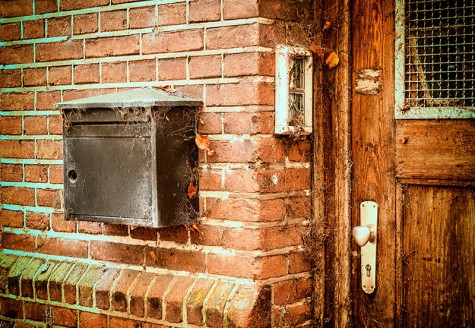
Are spider webs getting to be an often sight in your home? If your answer to that question is yes, one must remember since the home is built by a spider, your home is most likely infested by spiders.
If you are spotting different kinds of webs, the odds that your home is now a home to different types of spiders is pretty high. Different types of webs are spun by different types.
Frequent findings of spider eggs
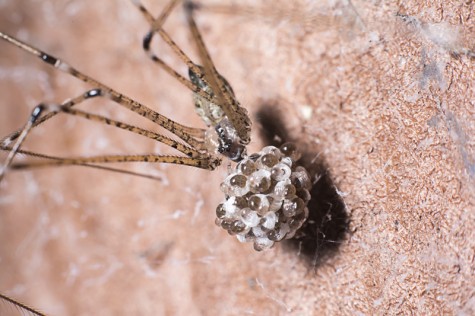
Spiders are known to mate during a cooler temperature and are known to lay eggs in a sac that can contain about a 100 eggs. These sacs can be found attached to different surfaces or are carried around by the mother in some cases.
Whatever the case if you are spotting eggs, you can draw the conclusion that your home invaders are now extending their family at the cost of your home.
Frequent spotting of spiders
Spotting spiders frequently doesn’t mean that it has been courteous enough to greet you every now and then, but that you are probably not seeing the same one time and again but its 112th brother or sister.
Frequently spotting them means these pests are multiplying and your home or office has several of them trying to hide from the human eye but failing because there are too many!
This can be sight of real disgust to customers in ones office or guests at home that fear these creatures. In some cases if there are many constantly attracted to your property it is likely that your property has an ample supply of insects for them to feed on thereby indicating a pest infestation of another insect.
What harm can spiders cause?
Though some of us may find ourselves thinking that there’s not too much damage that a little spider can do, or that having them can help rid our homes of other insects as pest, it is not always that they are harmless.
They are known to bite or attack only in defence out of feeling trapped or threatened, and quite a few species do not bite as their fangs cannot pierce the skin; however there still exist those that can cause various allergies to you and your loved ones with their venom even if it is not toxic enough to cause a lot of damage. Having any kind of pest indoors is never a good thing and that most definitely includes an infestation.
How to keep spiders at bay
Use peppermint
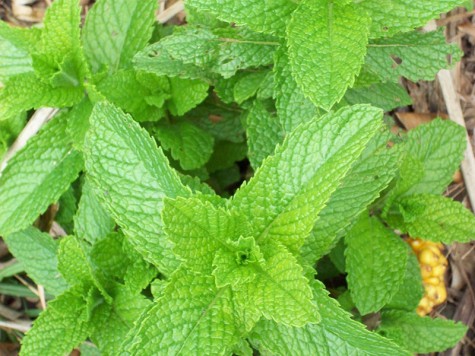
Spiders are known to detest peppermint and filling up a spray bottle with peppermint oil and water can be quite the spraying saviour for your home and just like mint, the smell is always refreshing.
Regular Cleaning

The best way to keep them away from your home is by regular cleaning and dusting to avoid insects. Vacuuming up the many corners, crevices and already spun webs can stop these critters from moving in and might just lead spiders to move out due to their home always being destroyed and never being able to catch any insects as food.
Repel with vinegar
Just like peppermint spiders detest vinegar, so if you lack peppermint oil another way is to mix vinegar and water in a spray can and have the mixture sprayed at all the likely hideouts. However unlike peppermint the vinegar mixture might not leave your home smelling as pleasant.
Rubbing Citrus peels

Having citrus peels rubbed on book shelves and window sills are a great way to repel spiders and they cannot stand the fragrance of any citrus item.
Cedar repels spiders
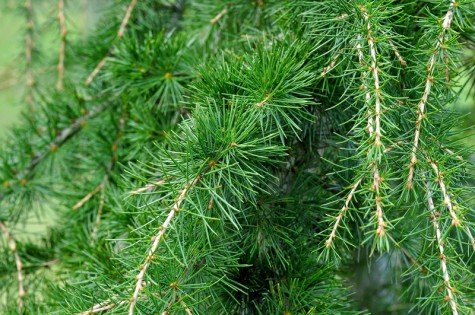
Using cedar mulch in your garden can be a real dissuasion to these pests that want to hang out in your garden. Cedar chest, hangers and shavings are a good remedy for your cupboards, cabinets and drawers and can protect it from being infested by spiders.
Use chestnuts

Placing a few chestnuts on your window sill are known to keep spiders at bay and drive any attracted spiders away. Chestnuts are also known to have a long shelf life so the attempt is not easily regretted.
Tobacco

Considering how plants are quite spider friendly it might be a little surprising to know that tobacco repel them. Sprinkling tobacco in the frequented hideouts of these pests can restrain them from wanting to live in your home.
Another option is to soak tobacco in water and have the mixture sprayed around. This method is known to be expensive but effective.
The above tactics should help keep pesky spiders at bay and away from your home. However it is essential to know when professional help is required. In cases of an infestation professional help is a must and one must never turn away from it to avoid making the situation worse.
ABOUT THE EXPERT
Muzi Tsolakis and his team of highly skilled pest inspection and pest controllers are known for their excellent services in the field of commercial pest control and is a trusted name in commercial pest control companies.





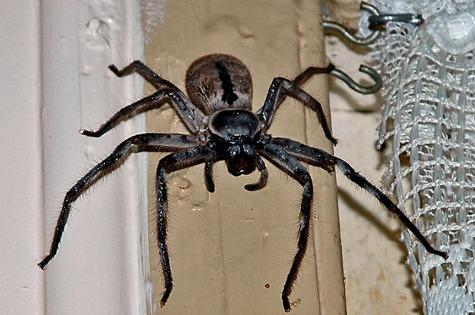


 Agree (0)
Agree (0) Disagree (
Disagree (









__small.png)










